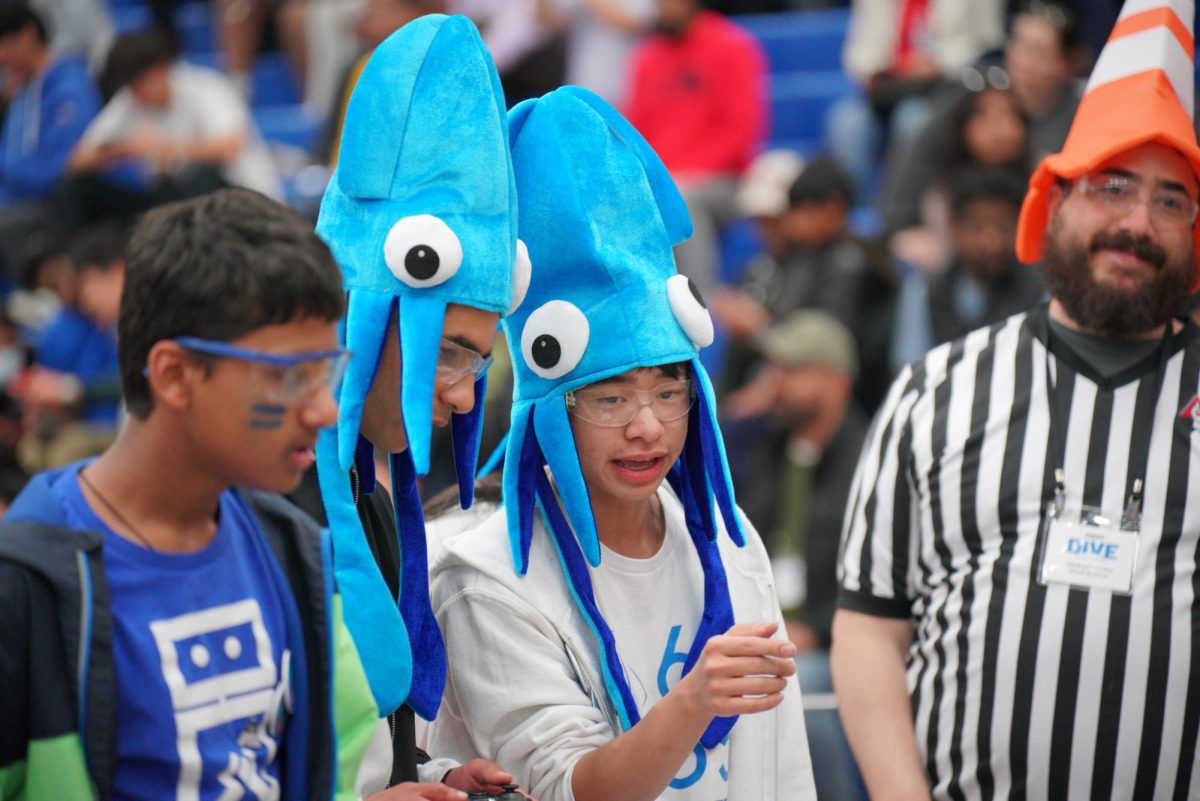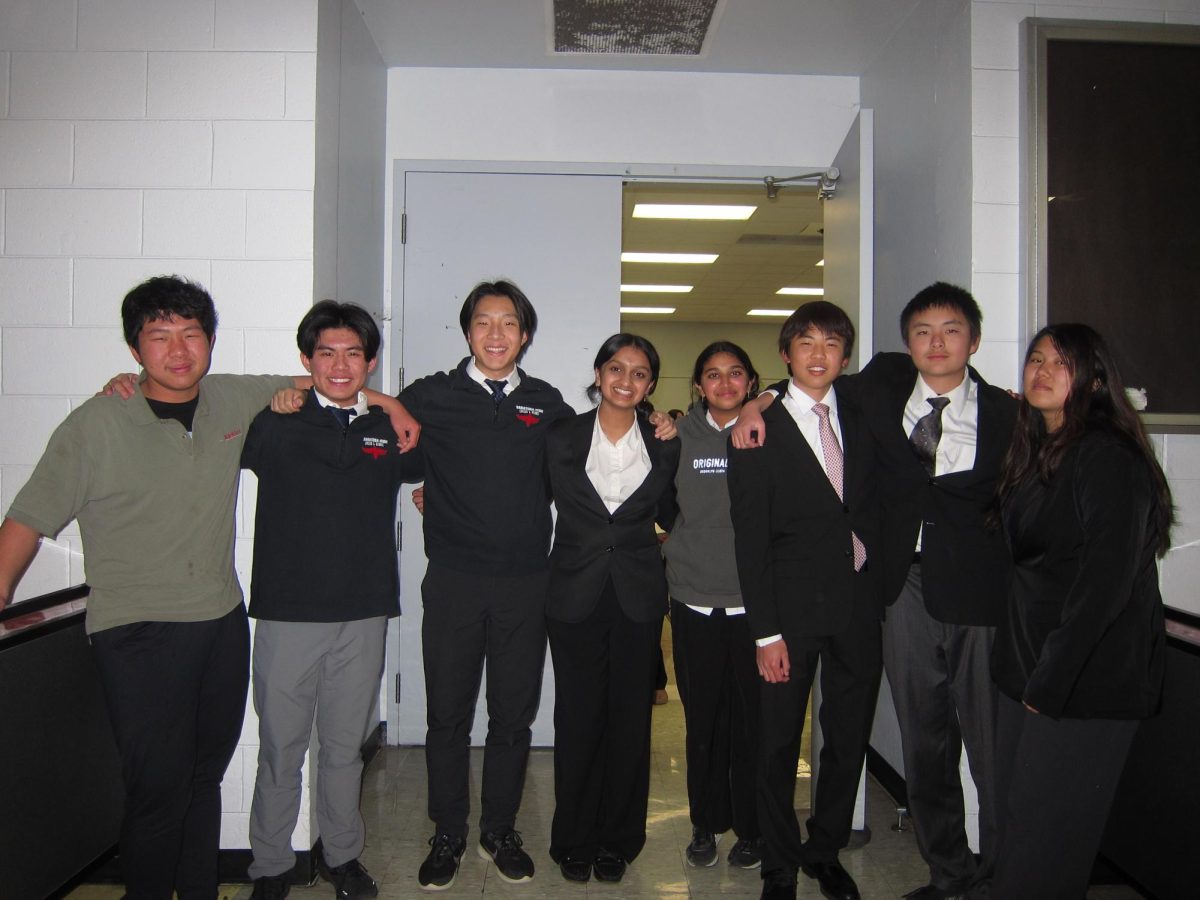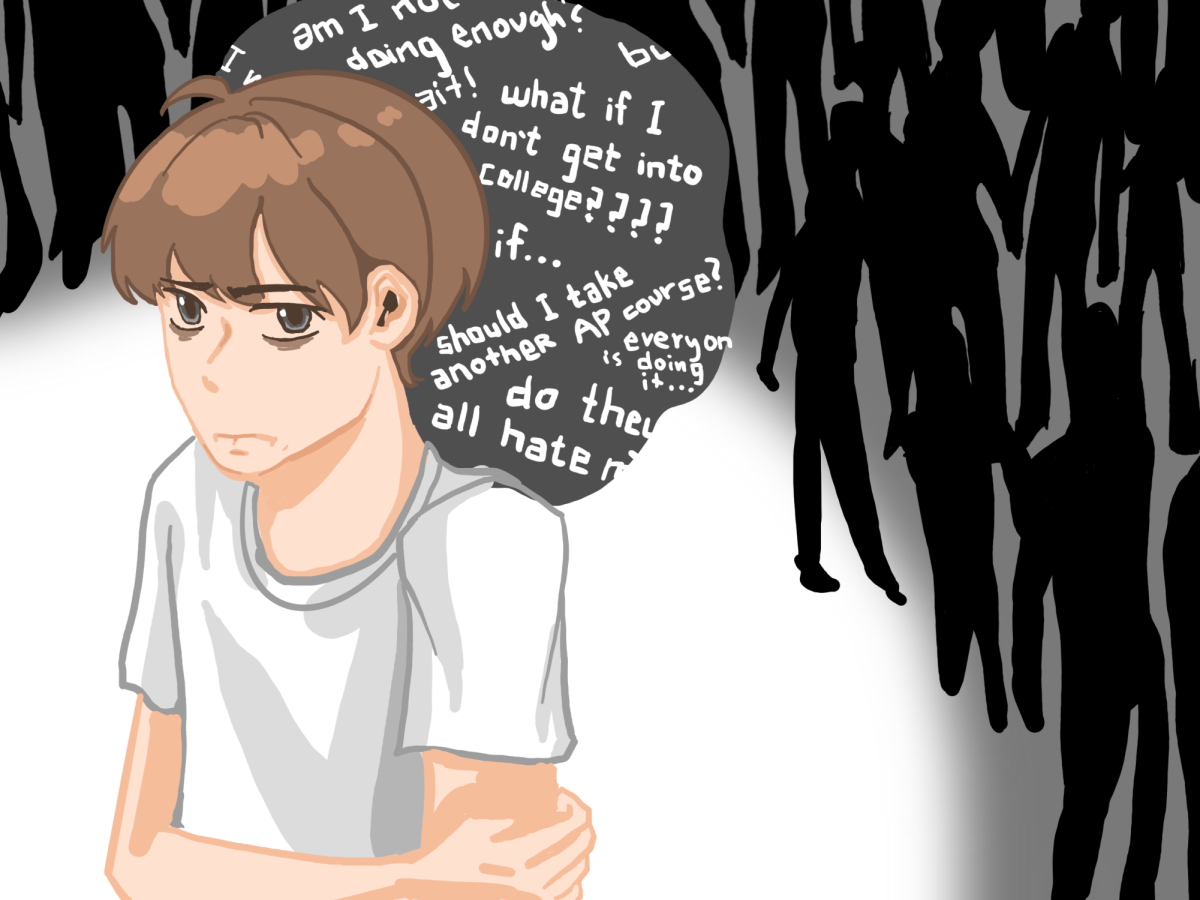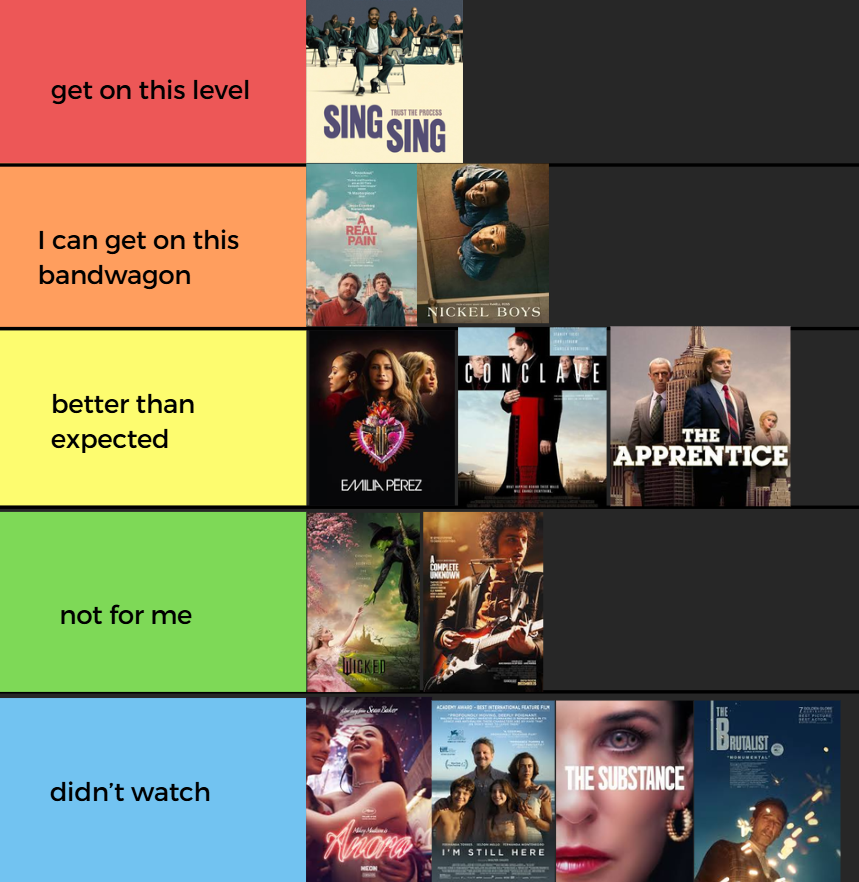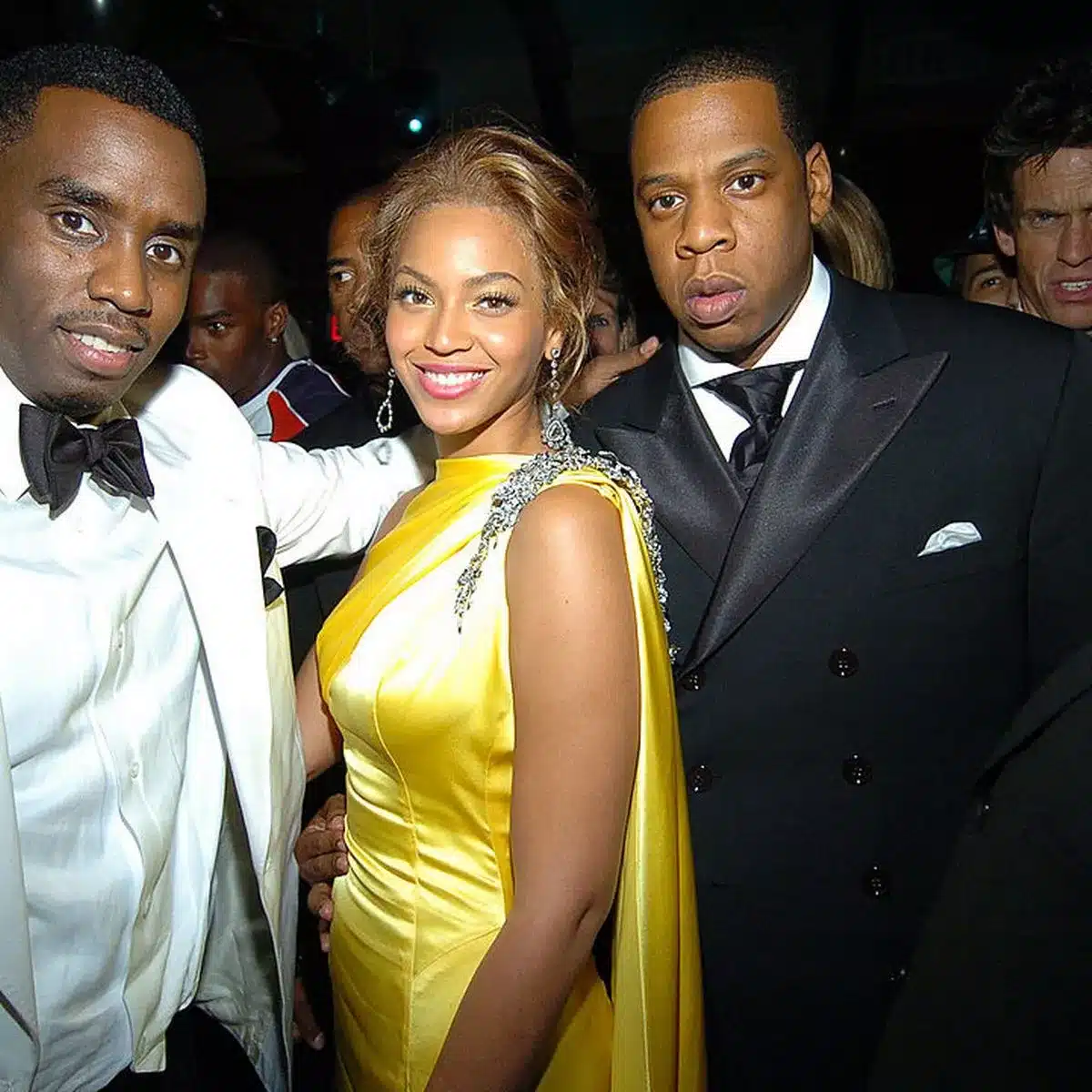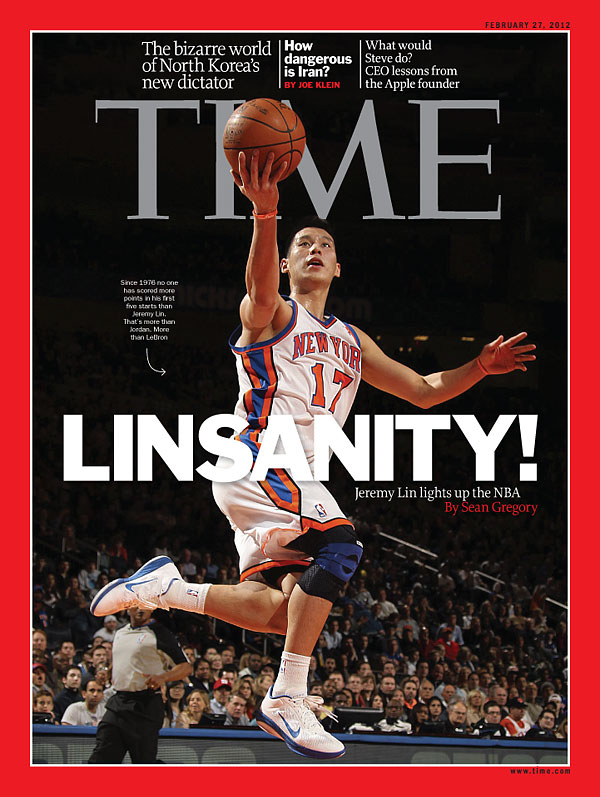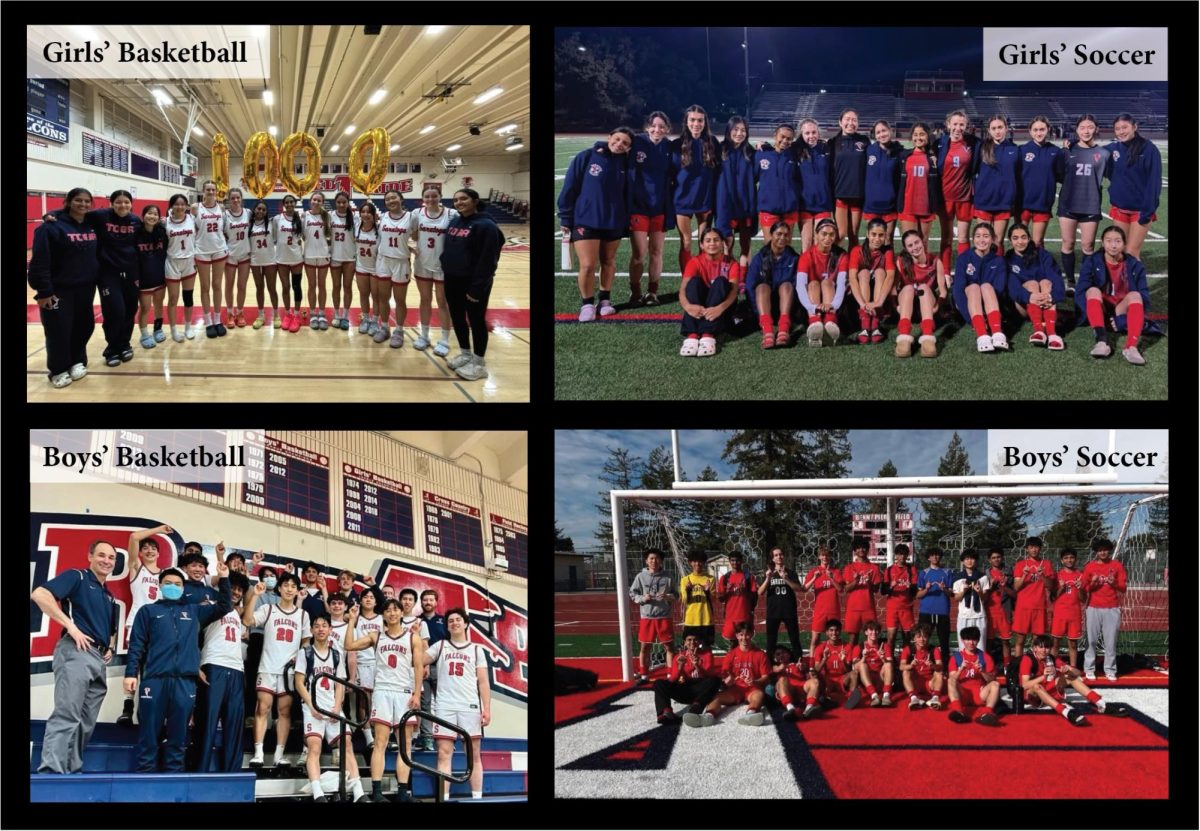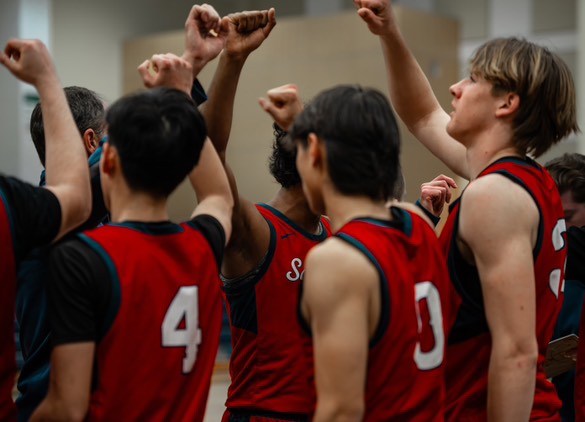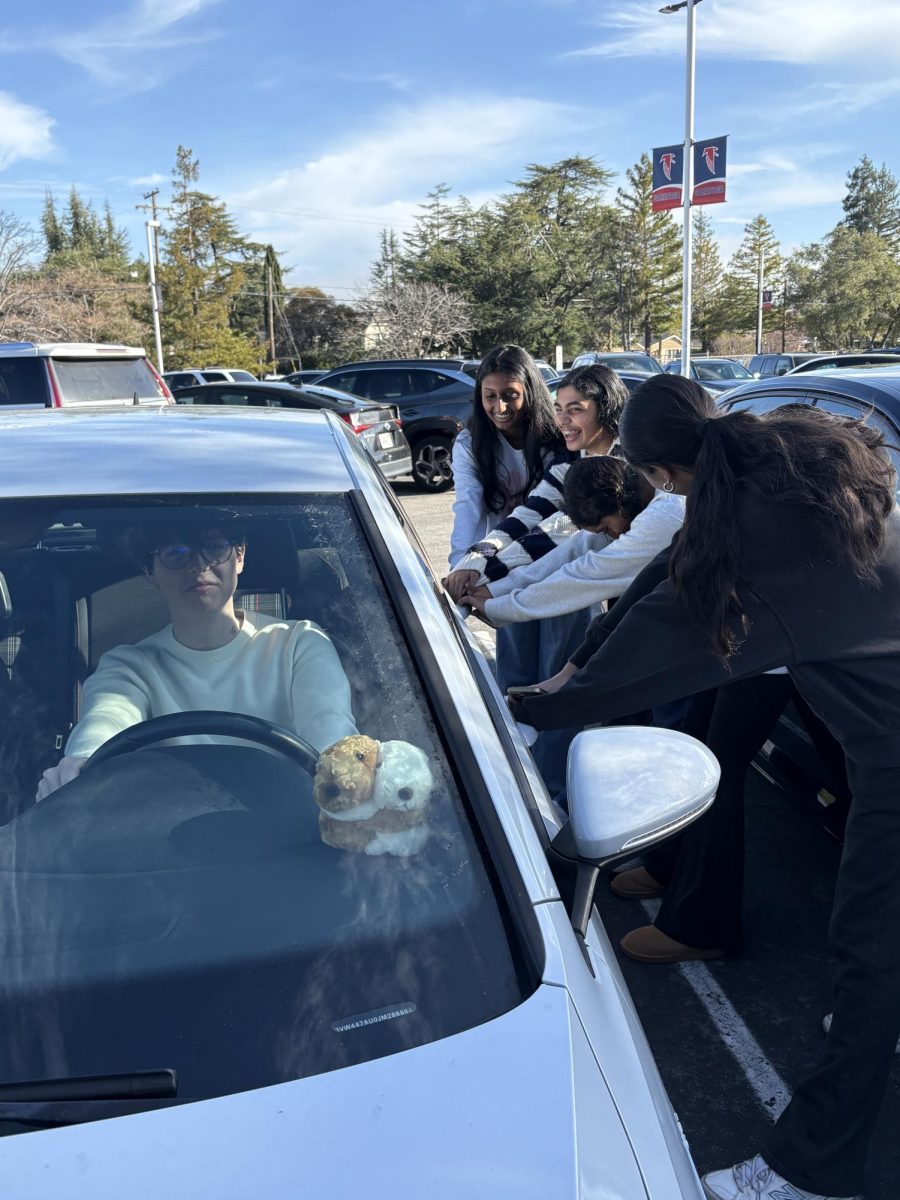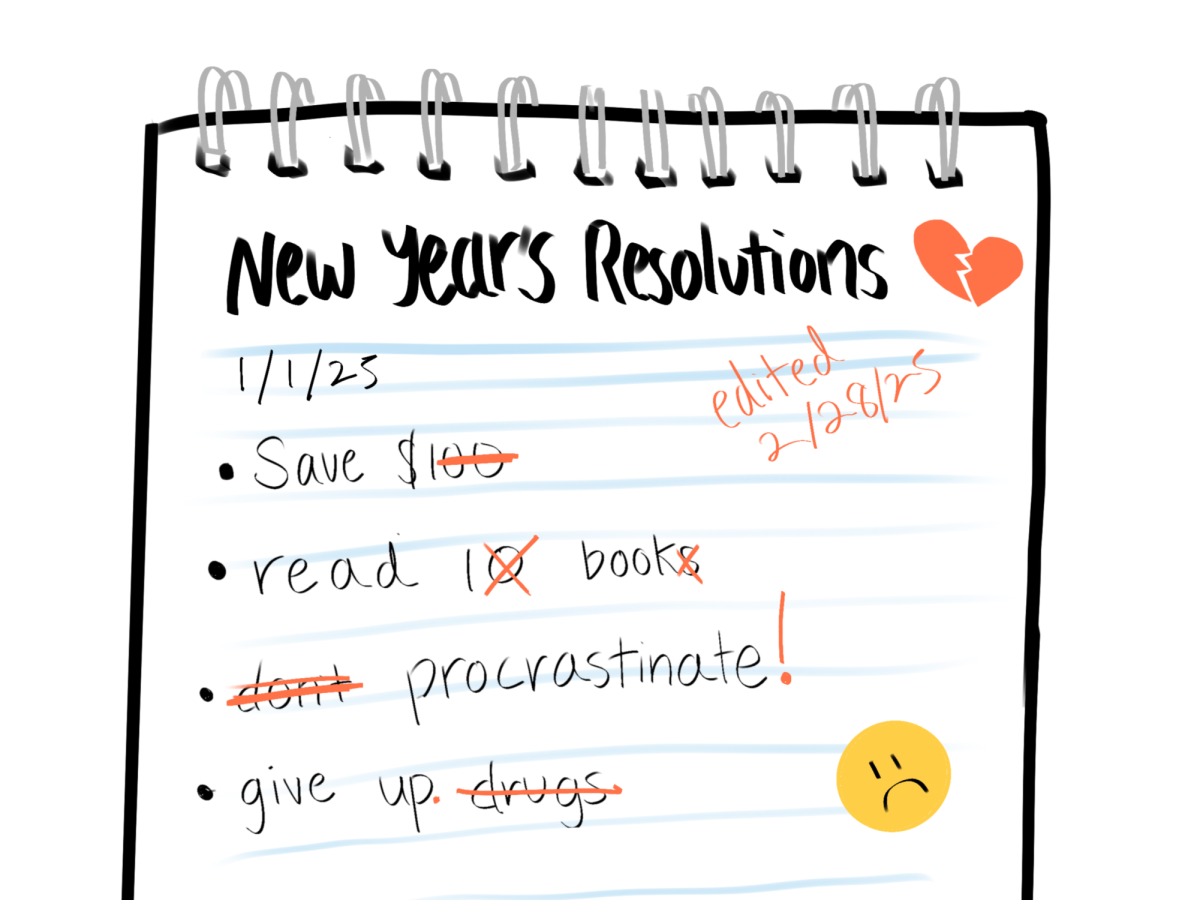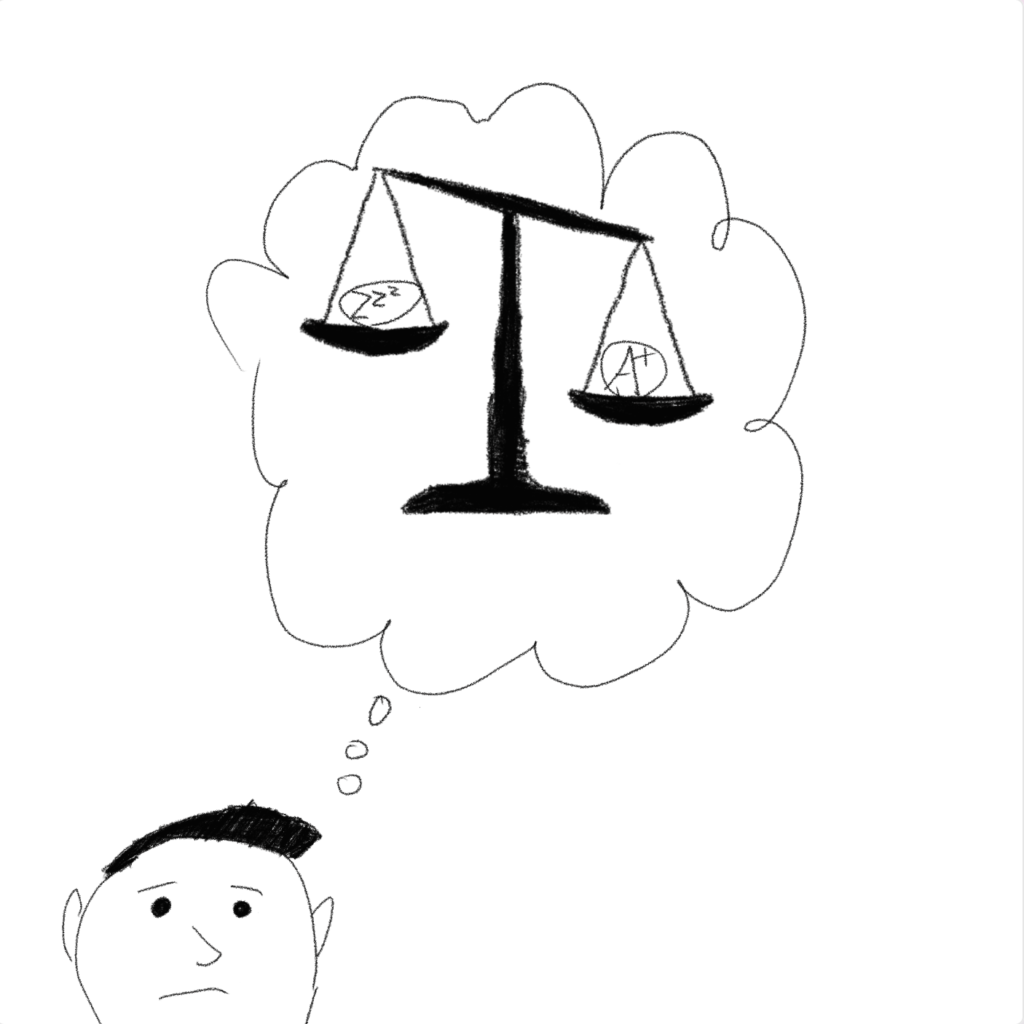Editor’s note: Kulkarni and Leung’s interviews have been lightly edited for clarity and brevity.
After a sophomore year mostly online, the Class of 2023 returned to in-person schooling for their junior year, infamous for being the most strenuous of all of high school years. Maithili Kulkarni and Trevor Leung picked different paths this year.
Kulkarni chose to take a less exhaustive schedule that aligned with her intrinsic academic interests.
Leung chose a multitude of APs and honors courses along with juggling many extracurriculars.
Q: What went into your class selections this year? What were the main influences on your decision?
Kulkarni: I chose classes mostly for myself and tried to detach myself from the peer pressure. I’m lucky because I have an older brother, [Class of 2021 alumnus Omkar Kulkarni], so I consult him and other upperclassmen about classes and their personal experiences with them. As such, I made conscious decisions like taking AP Calculus AB instead of AP Calculus BC and taking six courses to allow myself a schedule that I could manage emerging from a year online.
Leung: I want to pursue a career in medicine, so I took AP Biology. I was also thinking about possibly having a career in engineering, so I took AP Calculus BC and AP Physics 1 & 2 as a backup plan in case I realized I didn’t like biology. I wanted to challenge myself in the humanities, so I took English 11 Honors and APUSH. Lastly, I wanted a less rigorous class, so I took Digital Electronics. I’ve also been doing orchestra for many years now, so I continued with that.
Q: Has junior year had as much work as you expected and how much leisure time do you have each week?
Kulkarni: My overall course load is manageable, but things do pick up a lot in second semester. I think what makes junior year a lot harder than the other years is all of the extracurriculars that people are juggling, which I’ve been learning to navigate. I also usually take things as they come and try not to get too stressed out about things or overthink, since these factors result in me performing worse.
Leung: It’s been much more work than expected, especially when multiple deadlines or tests line up on the same day. Last year diluted my sense of workload since we had Wednesdays off; I don’t think we realized how useful that was. I think sophomore year was unfortunately easy compared to a traditional year, and my fatigue level is definitely a lot higher compared to freshman and sophomore year.
Q: Are there any major adjustments you’ve had to make to your lifestyle or habits in order to fit everything into your schedule?
Kulkarni: I no longer spend tons of time with my friends outside of school. I’ve started relying on my Google calendar more to keep track of everything going on. This year, I’ve had to start waking up earlier in the morning to complete assignments if I was too tired the night before to complete them.
Leung: One thing is that my sleep schedule has effectively disappeared. I’ve tried to proactively do homework early and block out time a lot more. I’ve had to adopt much stricter time management and learn how to prioritize tasks instead of doing tasks without a regimen.
Q: How do you feel about your current schedule and workload? Has your workload increased or decreased since the beginning of the year?
Kulkarni: I like my schedule right now. I feel that as you progress in your academic career, your teachers become more understanding, especially if you pay attention in class and actively participate. Teachers are flexible with your needs; if you need a late pass or an extension, teachers will more often than not grant it. Being proactive with what I need makes my course load more manageable and enjoyable.
Leung: Second semester has not been as bad compared to first semester, but that might be because I’ve already gone through it once and there’s less of a shock effect. I would have rather dropped a science like AP Physics 1 and 2 earlier in the year, but at the end of the day, I’m still learning a lot.
Q: Do you have any advice for underclassmen choosing classes?
Kulkarni: You should first think about yourself and avoid comparing yourself to other people around you. Don’t compare your course load to someone else’s load without any context about what they value. Focus on what your own priorities are.
Leung: You have to find a balance; don’t take classes just because they’re APs. Don’t be afraid to drop. Keep in mind your values and extracurriculars, but also don’t be afraid to challenge yourself. Also, if you’re given advice, definitely listen to it. I didn’t listen to as much advice as I should have.
Q: Do you think experiences from this year will be helpful for you in the future?
Kulkarni: Yes. I have grown as a student in terms of being able to analyze things and take information in. I’ve gotten a lot better at approaching problems or challenges and I think that’s a big idea of what you learn in your classes.
Leung: It’s definitely going to be helpful. There’s a lot of coursework, but I’m also learning a lot about time management and how much work I can actually handle. I learned a lot about my limitations.

